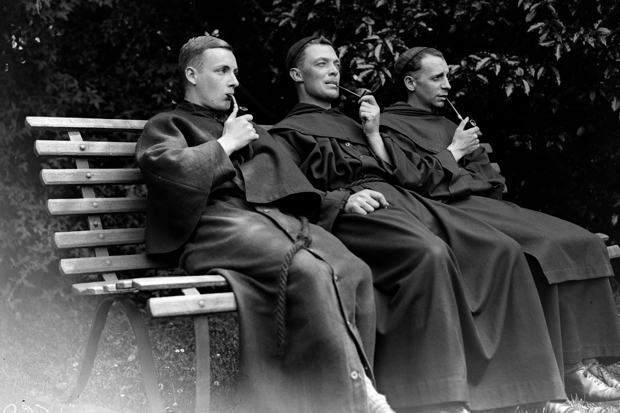Most of our independent schools in Great Britain have a religious origin and the campuses of many are dominated by school chapels. The earliest surviving foundations, including Eton and Winchester, contain vestiges of their religious inspiration in their statutes and constitutions. Some of the older grammar schools began life as training places for developing Protestantism, while the older Catholic schools were staffed by the religious orders notably Jesuits and Benedictines.
Many of today’s schools have, however, lost their overtly religious character and followed Oxford and Cambridge into a world where academic success and ‘excellence’ are the dominant ideals. Religious elements remain in music and drama, but a strong ethical foundation based on shared values seems to have largely disappeared. So has the marginalisation of the ‘faith’ element in education been a mistake?
This has become an important question for the independent sector as the debate on the subject becomes a national issue. The Prime Minister has made it clear that he believes England remains a Christian country, and Michael Gove has tried to single out those British values which make civil society possible. Such values are notoriously difficult to pinpoint. The sometimes acrimonious debate on the nature of the curriculum for the teaching of history has shown that the delicate balance of life in this country is more easily disturbed than described. What I am sure of is that British values would be pretty vacuous without their Christian background. Tolerance and fair play may make sense on the cricket field, but they only carry true authority when inspired by Gospel values.
Such questions have been much in mind over the last few months here at Downside, where as abbot of the monastic community of Benedictine monks and chairman of governors, I have been presiding over the bicentenary celebrations of our school. We were originally founded at Douai in Flanders 400 ago as an English monastery and school unable to practise its Catholicism in England. We were forced out of France in the 1790s precisely because we were English and returned to start anew. After a two-decade sojourn at Acton Burnell in Shropshire, the property at Downside was acquired and the modest farmhouse which was our first home is now engulfed in a massive array of buildings dominated by our abbey church. The church has been the focus of our celebrations this year reflecting its centrality in the life of Downside.
Among all of the networking and renewing of contacts that the celebrations have brought, something more important has emerged: the need to focus on why we are here, and what we are doing. The question of the school’s ethos has become more urgent not because of the religious composition of the school (which remains predominantly Catholic) but because of the appointment of Downside’s first lay headmaster, Dr James Whitehead. Can a Benedictine school remain a Benedictine school without a Benedictine headmaster?
The answer to this seems to be a firm ‘yes’, as the school has always maintained a firm commitment to the Catholic faith and its Benedictine identity. A Benedictine identity is not wishy-washy sales talk, but a golden thread which runs through all our activities. A humane, practical Christianity, a strong force for good in the world and the value of each individual in the school community is a clear expression of the Benedictine Rule.
St Benedict’s Rule was written in the sixth century AD by an Italian monk and abbot, but its kindly authority remains potent in today’s world. The Rule sees, in a deeply incarnated way, the reality of God’s loving intervention in all things. Within the encompassing Benedictine ideas of humility, listening and compassion, the true ethos of the school remains: our vocation to show kindness and love for all, our ultimate ambition to achieve eternal life, and our selfless love for others. All these practical values find their principal focus in our worship in the abbey church.
When the English Catholic independent schools were founded during the Reformation period, the debate on ‘English’ values was very strong, and it led at times to death and persecution. The English Catholics were the pariahs of their time and their values seemed to threaten the established order. Identities are never easy to define, but it is obvious that we need to articulate clearly what ‘traditional values’ are in today’s multicultural society. If the Christian voice is not heard, or not heard clearly, then others will ensure that their voices dominate. I am glad that I have come to a clearer understanding of the values and inspirations that make our school what it is — and I hope they will endure.






Comments